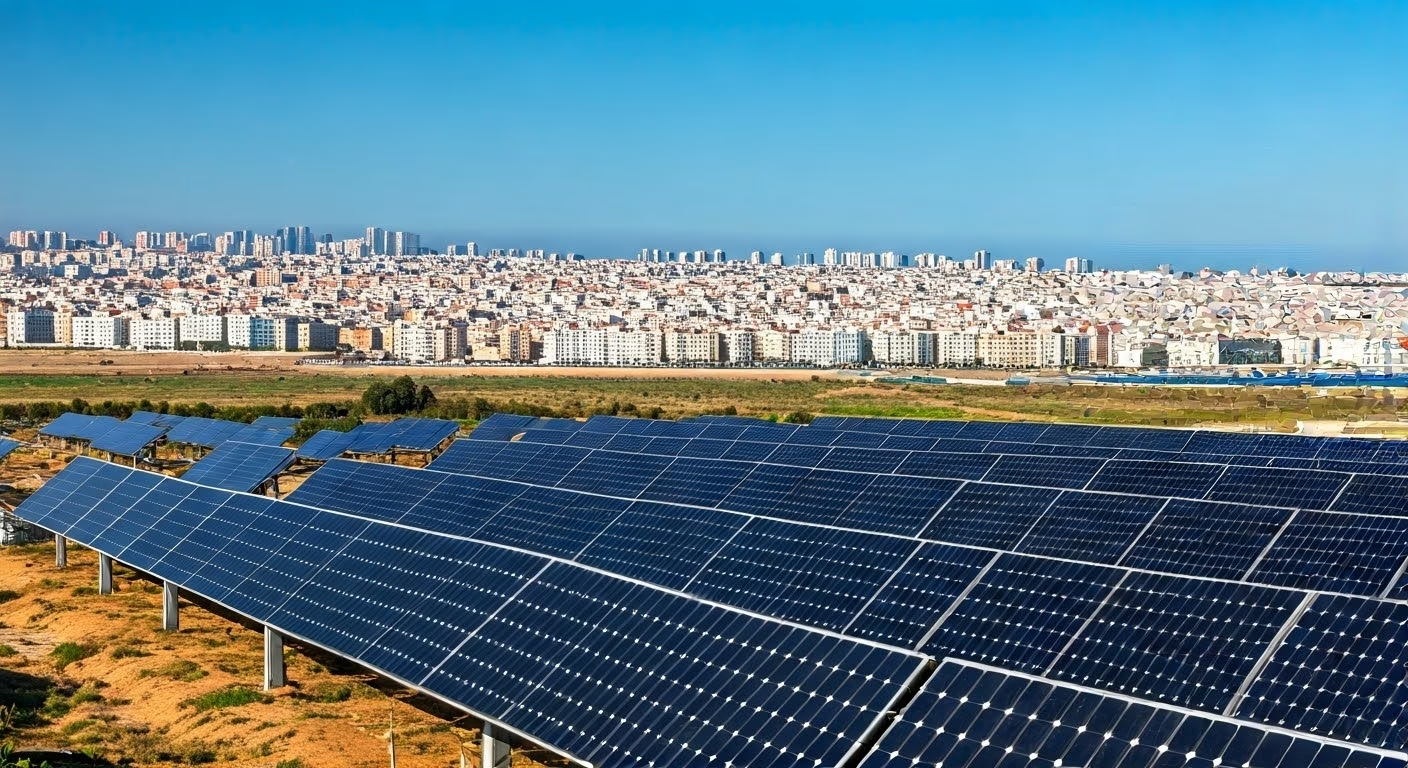Key Highlights
- COP28, held in Dubai, UAE, saw a strong emphasis on transforming food systems for climate resilience and global food security.
- The conference garnered significant financial pledges, including USD 890 million to support CGIAR’s innovations and a USD 200 million partnership to accelerate climate action in food systems.
- World leaders acknowledged the urgent need for climate action, with 152 Heads of State signing a declaration on sustainable agriculture, resilient food systems, and climate action.
- ICARDA, a CGIAR research center, actively participated in COP28, highlighting its role in promoting climate-smart agriculture in dryland regions.
- The event saw a dedicated focus on the role of local communities and indigenous knowledge in driving sustainable solutions for climate change adaptation and mitigation.
Introduction
The world is facing serious problems with climate change. Recently, COP28 took place in Dubai, in the United Arab Emirates. This event was important for countries to work together and take action. The Paris Agreement, made in 2015, is a symbol of hope. It brings countries together to reduce global warming and aim for a sustainable future. COP28 was a chance to check how we are doing, make stronger commitments, and plan for a world that can handle climate issues.
The Role of Casablanca-Settat in Leading Climate Action Post-COP28

International agreements help start global action, but real change happens at the local level. Cities and regions like Casablanca-Settat in Morocco play a key role in making important changes, supported by networks such as the UNFCCC Secretariat. Because of its location and economic importance, Casablanca-Settat can lead climate action after COP28.
This potential for leadership depends on how the region commits to turning global goals into local projects. It can use its place as a center for innovation, teamwork, and sustainable development in Morocco. By showing real solutions and building partnerships, Casablanca-Settat can motivate other regions to do the same.
Highlighting Local Initiatives and Success Stories
Casablanca-Settat is known for its active efforts in climate action. It has many programs that support sustainable development. The region includes renewable energy sources like solar and wind power. This shift helps cut down greenhouse gas emissions and boosts energy security. It also creates green jobs.
In addition, Casablanca-Settat leads in smart urban planning. The region invests in green spaces, supports buildings that save energy, and focuses on public transportation. These steps help make the city a better place to live and adapt to changes.
These local efforts add to wider climate change mitigation goals at the national and international levels. By sharing what it learns, Casablanca-Settat can be a good example for other areas that want to set up strong climate action plans.
Casablanca-Settat’s Strategic Position in Global Climate Governance
Casablanca-Settat cares about climate change and takes action beyond its own area. The region is involved in global talks, like the United Nations Climate Change Conferences (COPs). Here, they push for stronger promises and show how important local actions are.
Casablanca-Settat also works with other countries, including the Democratic Republic of the Congo, research groups, and cities around the world. They share ideas, learn from each other, and find funds for projects that help with climate-resilience. These partnerships help to speed up progress and boost the effects of local projects.
By joining in on global climate action, Casablanca-Settat helps create a better and fairer future for everyone. Their focus on transparency is a good example for others to follow.
Conclusion
In conclusion, moving climate action forward after COP28 needs everyone to work together. Local projects are very important for this change. Casablanca-Settat is well-placed and shows a strong commitment to fighting climate issues. We can make great progress in stopping climate change by sharing stories of success and involving local people. Together, we can build a good and sustainable future for the next generations. If you want to know more about how you can help with climate action or what climate change might mean for Casablanca-Settat, check out our FAQs. Let’s aim for a greener and healthier planet.
Frequently Asked Questions
How Can Local Communities in Casablanca-Settat Contribute to Climate Action?
Local communities, including groups like civil society, indigenous peoples, businesses in the private sector, and individuals, can help with climate action. They can do this through different solutions. Important actions include speaking up for the cause, using sustainable practices, investing in renewable energy, and supporting ways to adapt to changes.
What Are the Expected Impacts of Climate Change on Casablanca-Settat?
The climate crisis brings many risks to Casablanca-Settat. These risks affect food systems, livelihoods, water resources, coastal areas, and human health. We need to build resilience against extreme weather events. It is also important to support sustainable food production. Finally, we should work on reducing environmental degradation to help lessen these risks.
What Initiatives Are Being Taken by Casablanca-Settat to Meet COP28 Goals?
Casablanca-Settat is working on projects that support the goals of COP28, including expediting the energy transition. These projects include finding climate finance, using methods to reduce climate change, promoting renewable energy, and adding sustainability ideas into city planning and building projects.

